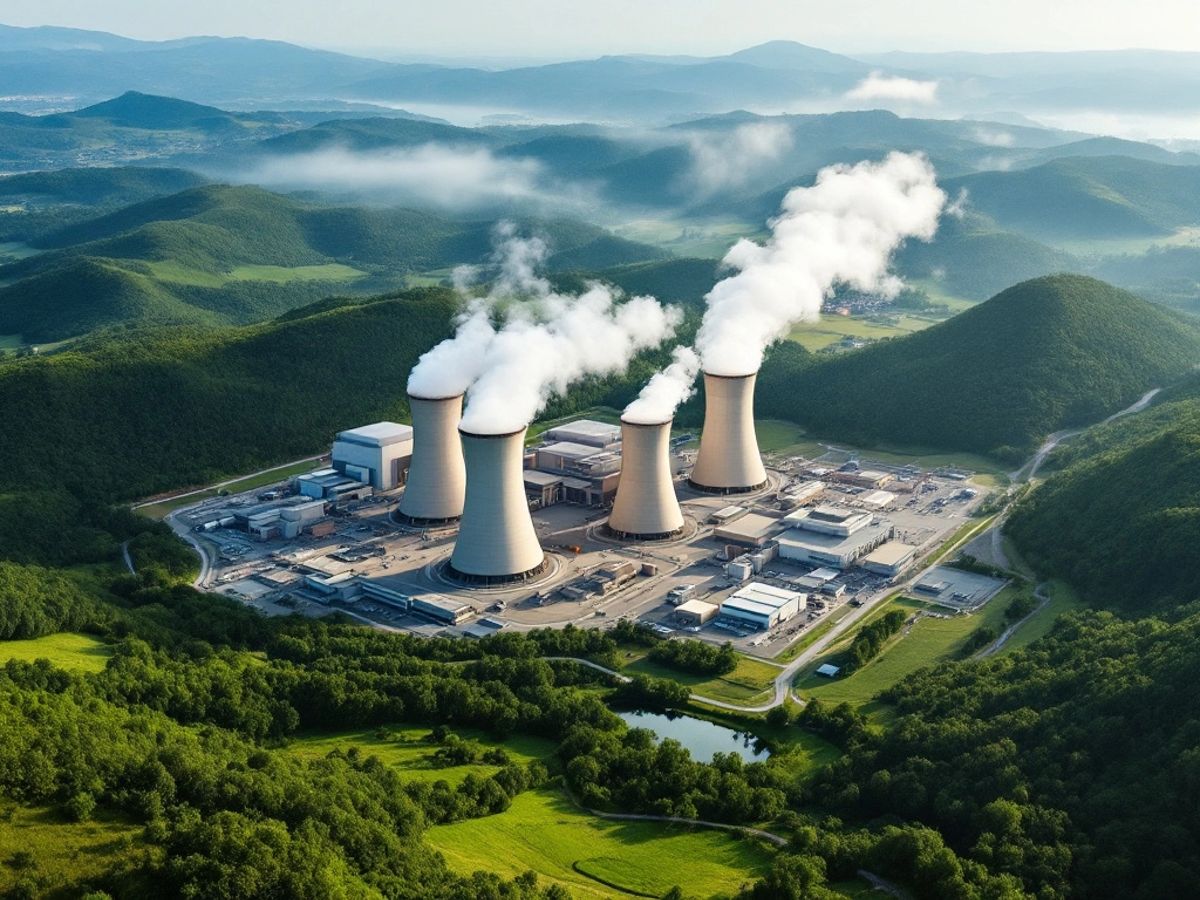Slovenia’s parliament has officially canceled the upcoming referendum on the construction of a second nuclear reactor at the Krsko power plant, originally scheduled for November 24, 2024. This decision comes after significant public and political scrutiny regarding the legality and transparency of the referendum process.
Key Takeaways
- The referendum was canceled by a vote of 69 to 1 in Slovenia’s 90-seat parliament.
- Concerns were raised about the public’s ability to make an informed decision on the nuclear project.
- The government plans to draft a special law regarding the new reactor, JEK 2, in the future.
Background of the Krsko Nuclear Plant
The Krsko nuclear power plant, operational since 1983, is Slovenia’s only nuclear facility and is co-owned with Croatia. It currently provides about 20% of Slovenia’s electricity and is expected to cease operations in 2043. The proposed second reactor, known as JEK 2, aims to enhance energy security and reduce carbon emissions.
Reasons for Cancellation
The cancellation of the referendum was prompted by several factors:
- Public Concerns: Environmental groups and citizens expressed doubts about the clarity and legality of the referendum question, which was perceived as biased.
- Political Collusion: Leaked communications suggested collusion between major political parties to bypass legal concerns regarding the referendum’s legitimacy.
- Lack of Information: Many citizens felt they lacked sufficient information to make an informed decision about the reactor’s costs and technology.
Future Plans for JEK 2
Despite the cancellation, the Slovenian government remains committed to exploring the JEK 2 project. Key points include:
- Legislative Framework: The government will draft a special law to outline the project’s details and ensure public involvement in the decision-making process.
- Public Engagement: Future plans will include efforts to educate the public about the reactor’s benefits and risks, aiming for a more informed electorate.
- Timeline for Future Referendum: Prime Minister Robert Golob indicated that a more decisive referendum could be held in 2027 or 2028, once all project details are finalized.
Public Opinion Trends
Recent polls indicate a decline in public support for the JEK 2 project, with approval dropping from 68.6% in January to 59.4% in October. This shift reflects growing skepticism about nuclear energy and the need for more comprehensive information.
Conclusion
The cancellation of the Krsko reactor referendum highlights the complexities surrounding nuclear energy in Slovenia. As the government prepares to revisit the project, it faces the challenge of rebuilding public trust and ensuring that citizens are well-informed about the implications of expanding nuclear power in the country.
Sources
- Slovenia cancels Krsko reactor referendum | Slovenia Politics News | SeeNews, SeeNews.
- Slovenia Cancels Vote On Second Nuclear Reactor | Barron’s, Barron’s.
- Slovenia calls off nuclear referendum – Nuclear Engineering International, Nuclear Engineering International.
- Slovenia cancels referendum on new nuclear plant | Reuters, Reuters.
- Slovenia, referendum on Krsko 2 cancelled – News – Ansa.it, ANSA.






